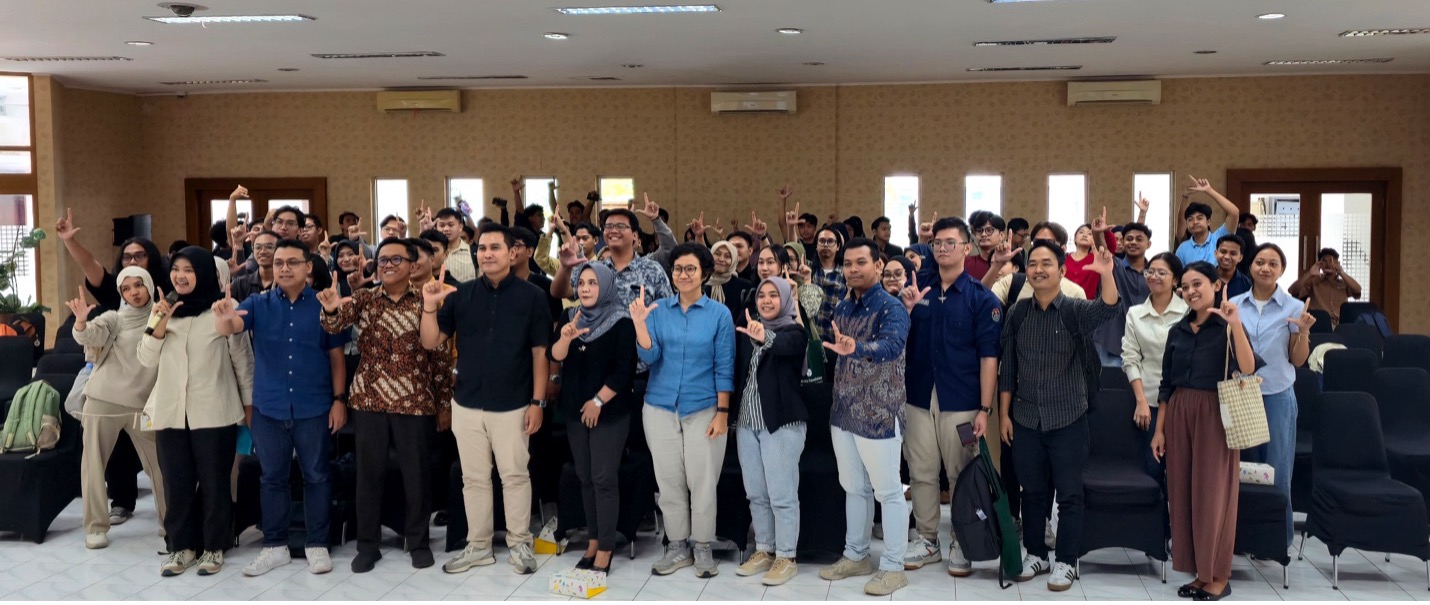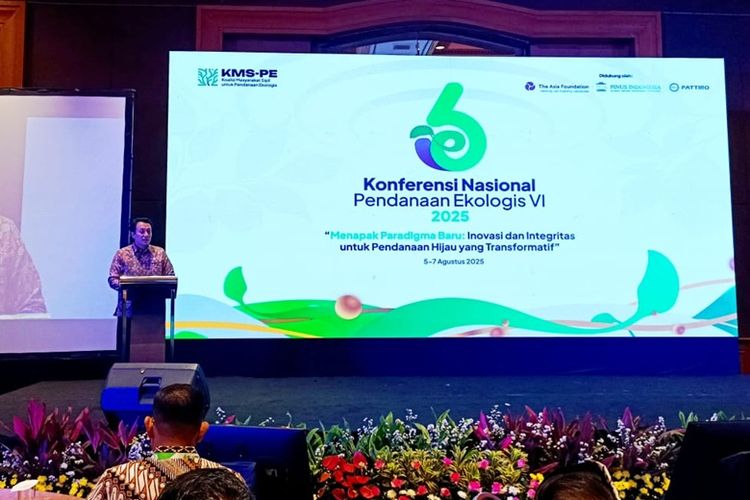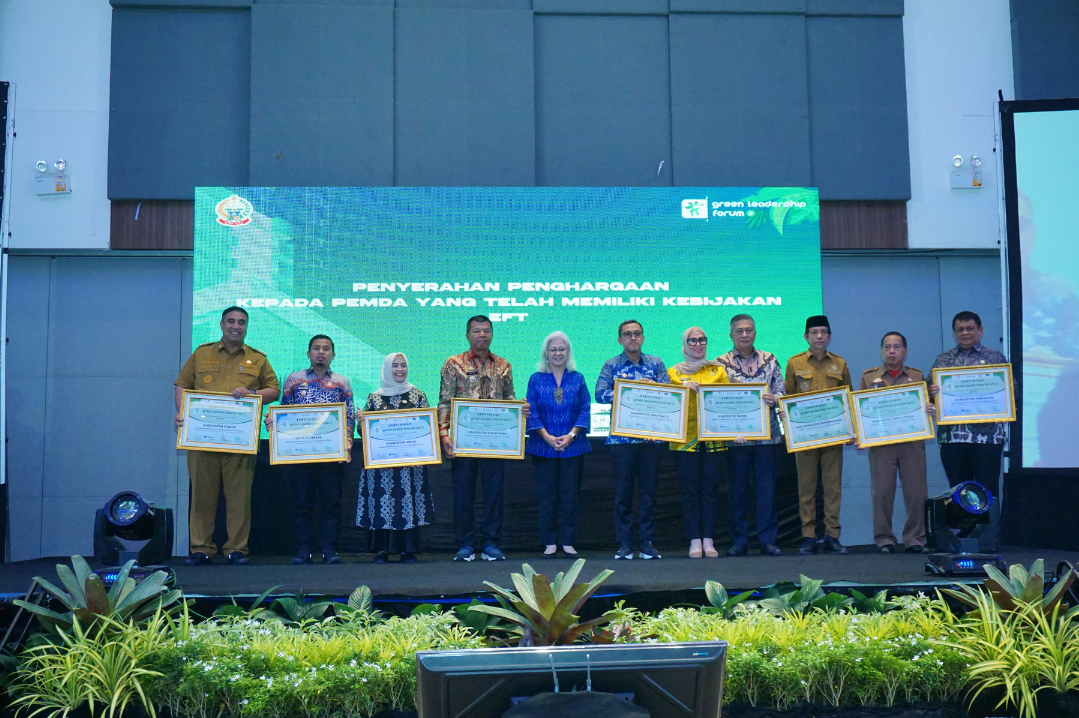
From: Mickael Bobby Hoelman, Jakarta | Opinion | Tuesday, May 20, 2014
The Open Government Partnership (OGP) Asia Pacific Regional Conference was held recently in Bali.
It was the first conference in Asia Pacific since the OGP initiative was launched in 2011, and was intended as a platform of cooperation for countries and civil society groups for the mutual exchange of experience, knowledge and benefits as well as a greater opportunity for more open government practices.
The conference was opened by Presidential Working Unit for the Supervision and Management of Development (UKP4) head Kuntoro Mangkusubroto, who stressed the importance of Asia Pacific for global governance as well as the OGP initiative, which was started only by eight voluntary member countries and now consists of 64 member states.
The Asia-Pacific region has become an engine of economic growth in the global economy. Even so, challenges remain, especially around the issues of poverty, growing inequality, social unrest and many others.
Asia Pacific needs more solutions to the development of democracy in India, election tensions in Thailand, the threat to freedom of the press in Cambodia and the Philippines and the closed society in North Korea and so on. According to Kuntoro, openness is a keyword to help solve the challenges in this region. Openness has become “a currency” today.
It is one the four main ingredients, together with accountability, participation and information technology, that has enabled the OGP initiative to place governance as no longer monolithic but asymmetric and highly rich with innovation, from local to multilateral government, from global to local foundations and grassroots organizations.
Rakesh Rajani, the lead civil society cochair of the OGP, added that the quality of participation, openness and accountability could be improved with the application of social media, such as Twitter, Facebook and many more. For Rajani, an open government should not only provide information, but also educate all stakeholders. The views above were shared by President Susilo Bambang Yudhoyono. According to Yudhoyono, “openness and accountability alone are not enough”. The two must be accompanied by public participation.
Therefore, governments should work to reach out more to the public and engage in ways that are more innovative.
The President added that we need a culture of participation and involvement. This is where participation from countries in Asia Pacific is essential in terms of offering opportunities and roles supporting a major part of global dynamics.
In particular, the role of Indonesia in the region is not only through its chairmanship in the OGP, but also in other strategic forums, such as the Bali Democracy Forum (BDF).
The BDF is another Indonesia-led voluntary forum in Asia that shares democratic practices among its members. It was first launched in 2008 and is now followed by 73 member states.
Last year, Yudhoyono was also entrusted by United Nations Secretary-General Ban Ki-moon to cochair the High Level Panel of Eminent Persons (HLP-EP) on the Post-2015 Development Agenda.
The strategic role of Indonesia has also been shown in the membership of ASEAN, the G77, the G20 and other international forums. Undeniably, Yudhoyono has maintained the legacy of his predecessors to make Indonesia a prime player in Asia Pacific.
It will be no surprise if many say the achievements and legacy of Yudhoyono should be followed up by his successor. The legacy of Indonesia leadership in the OGP should be taken as a good model.
In a joint communiqués after the conference, about 183 civil society groups in Asia Pacific emphasized three recommendations for all OGP member states: ensure and guarantee a civic space, governance in Post-2015 Development Agenda and compliance from each member state to ensure the quality of participation.
All presidential candidates now inherit the leadership of Indonesia in promoting the OGP. This legacy should continue with stronger commitment, for example through the expansion of an open government practices in the extractive industries by opening all contracts and taxes.
Indonesia and other OGP members should push for open government as one of the goals in the next Post-2015 Development Agenda.
Indonesians expect the good example of leadership in open governance as demonstrated by the national government to be followed by regional administrations in the provinces and regencies and cities.
Public services should not only be accessible to and enjoyed by all but also should be open for monitoring and be responsible directly to the citizens, as has been done in Makassar, South Sulawesi since four years ago through a social audit.
Sumber:
https://www.thejakartapost.com/news/2014/05/20/the-ogp-and-role-indonesia.html




